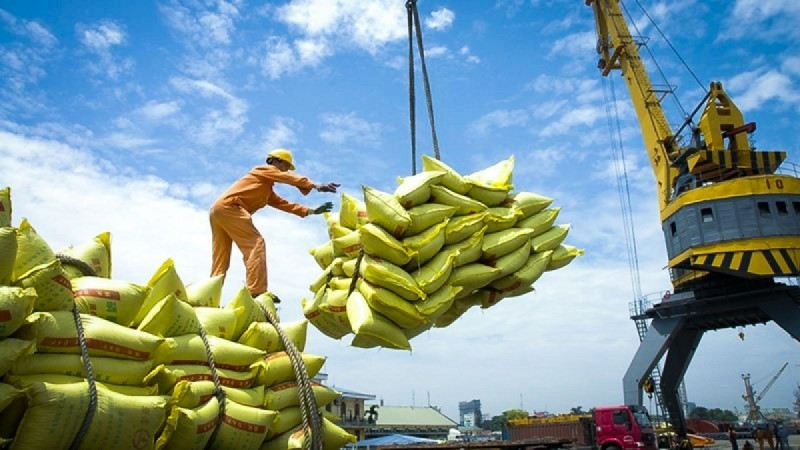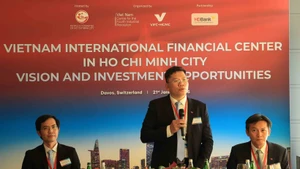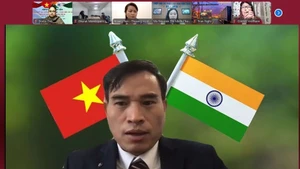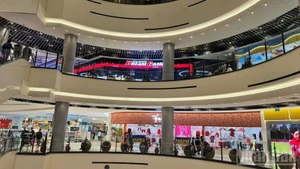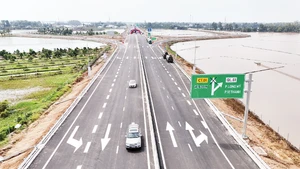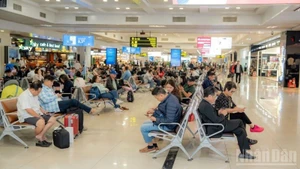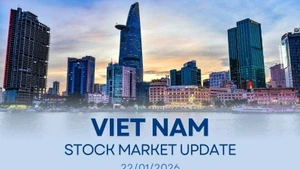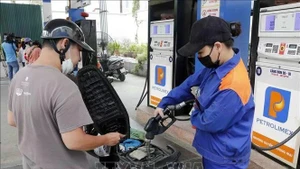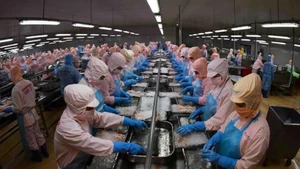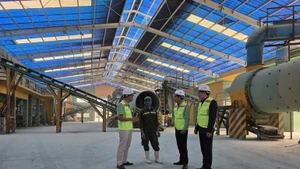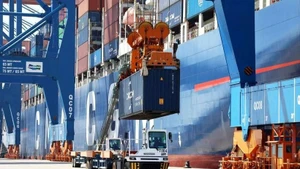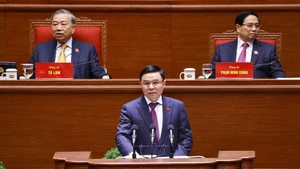Recently, the VCCI has sent a document to the Ministry of Industry and Trade to comment on the draft Decree amending No. 107/2018/ND-CP Decree on rice-exporting business.
Many business conditions cause difficulties for enterprises
According to VCCI, many enterprises report that applying for and receiving certificate of business eligibility are still considerably costly and time-consuming, especially as rice exporting enterprises are mainly located in Mekong Delta provinces.
Meanwhile, the inspection of eligibility for warehouses and milling machines is still carried out by the Departments of Industry and Trade. Therefore, in order to reform administrative procedures and accelerate decentralisation, the VCCI is petitioning the drafting agency to adjust the regulations by assigning the authority to licence certificates of eligibility for rice exporting enterprises to the provincial People's Committee or Department of Industry and Trade.
Then, the local Departments of Industry and Trade will be responsible for reporting on the licensing to the Ministry of Industry and Trade, while enterprises must continue to report their activities to the Ministry of Industry and Trade periodically.
In addition, No. 6.5 Article of No. 107 Decree regulates that the expiry period of the Certificate of eligibility for rice exporting business is 5 years. After every 5 years, enterprises must apply for a new certificate with the procedures proving eligibility similar to the first time.
According to VCCI, loosening business investment conditions will help increase the number of rice-exporting enterprises, which in turns increases the competitiveness of the Vietnamese rice market.
However, according to reports by enterprises, the local Departments of Industry and Trade still periodically examine enterprises whether they meet business conditions (warehouses and milling facilities). In case the enterprises do not meet the requirements, the Departments will immediately revoke the certificate of eligibility for business.
Thus, if enterprises meet the conditions, it is not necessary to require them to apply for a new Certificate every 5 years. The VCCI proposed that the drafting agency abolish the regulations on the expiry period of the Certificate of eligibility for rice export business.
Facilitating export of Vietnam's high-quality rice
Practice shows that since the No. 107/2018/ND-CP Decree took effect, farmers have had more choices when consuming their rice while the situation of price pressuring has been reduced. At the same time, many enterprises have discovered and penetrated difficult markets that Vietnamese rice could not access before.
However, according to reports of some businesses, to meet the technical regulations on warehouses and rice milling in Circular No. 12/2013/TT-BNNPTNT, enterprises still need large investment, even in the case of renting.
The 12/2013/TT-BNNPTNT Circular still requires many conditions in terms of scales such as the capacity of the rice silo, the capacity of the milling machine 10 tons/hour and many other requirements. These conditions are only suitable for large rice exporters, while small enterprises trying to penetrate new markets have difficulty to meet.
The representative of VCCI said that many Vietnamese enterprises are very active in finding new markets such as Europe, Canada, the Middle East, etc. These are markets that only import small quantities but require high quality rice with preservation specifications and beautiful packaging that sell at good prices.
Moreover, customers in these markets are mainly supermarkets, chain stores, etc., which often have the need to find enterprises that supply many types of agricultural products at the same time, not just rice.
Therefore, Vietnamese enterprises cannot meet all the above conditions for rice export, so they are forced to entrust exports to qualified enterprises. As reported, the export entrustment fee is currently about 1-5 USD/ton.
In other words, enterprises with business eligibility certificates are entitled to lease them to take advantage of this fee. Unintentionally, regulations on rice export conditions are causing Vietnamese rice to be more expensive and harder to export.
Therefore, in the long term, VCCI proposes that the drafting agency continue to be open-minded, loosen more conditions for investment in rice export business, and progress towards market liberalisation. The insurance of compulsory rice reserves should be implemented in the form of the State ordering enterprises according to the market mechanism, instead of administrative measures as at present.
